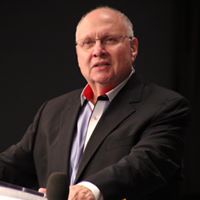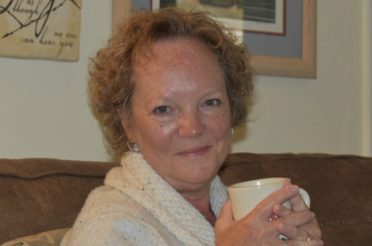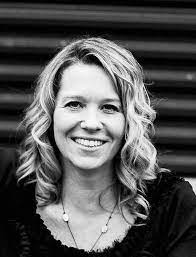By Roger Barbee
My mother years ago told me about the little boy who at times would not be in his bed when she awoke. Searching for him, she would sometimes find him sitting on the small, front porch stoop of the house at 709 Applewood Street, and sometimes he would be in the large, cool, hand-dug, dirt cellar playing. Once, he was nowhere to be found and in a panic she looked up and down streets, then walked to a small knoll called Red Hill where she saw his tow-head peeking above the red clay. She described him as the only child of hers who would get out of bed to watch the sun rise or the morning to come or to take a walk in the first cool of the day.
Each of us has an internal rhythm clock. I’ve had friends who would not sleep past seven in a morning if they could and others who never saw a sunrise unless during an emergency. Some people sleep behind heavy curtains during daylight and some are asleep by the darkening of day. Of course, some of us are forced to adjust our internal clocks by our work. While technology has altered the hours we can profitably work, many occupations, such as agriculture, are still mostly controlled by daylight hours and what can be accomplished during that time. Yet, since Thomas Edison, our work hours have been expanded and productivity can be had continuously, if the machines function properly. While in college, I worked summer jobs in Cannon Mills, in weave rooms three or five. One summer I worked the 2nd shift, 3-11 P.M., and for two summers I worked the 3rd shift, from 11 P.M.-7 A.M., all from the benefit of Thomas Edison and the refinements of his invention. I recall my angst I felt because of the hours of that 2nd shift when I washed long, florescent bulbs from weave room 3 with Ron, a newly graduated classmate of mine. The pain from the 3-11 shift was caused because the work forced me to miss the night activities of my small town. I was missing time to hang-out at the What-A-Burger # 5 and possibly see the then-flame of my life, Elaine. The man-forced hours on day’s activities continued to interfere with my internal rhythm when I went to college and was assigned an 8 A.M. English class three days a week. Gasp! However, the professor, Mrs. Lewis, who we affectionally called “The Blond Bomber”, would send a classmate for me when I overslept. But, any early morning class for the next three years I viewed as unfair, as only the immature can reason. My roommate and best friend from those days, Charlie, convinced me that any sleep after first sleep, was a waste of time that could be better spent in other activities, but I can’t remember him attending any early morning classes.
In At Day’s Close, A. Roger Ekirch, examines “the history of nighttime in Western society before the advent of the Industrial Revolution.” He keenly shows how the coming of lights, from lanterns to gas lights to vast electric bulbs changed our activities. Ekrich quotes Edison’s dictum, “Put an undeveloped human being into an environment where there is artificial light and he will improve.” We have put most of the human race in an environment of artificial light, and in so many ways that has been an improvement. One advantage I am aware of is illustrated by my friend Jay. When he was a young, single and struggling father of two small boys, he took advantage of the local Food Lion grocery story being open twenty-four hours a day. Because of the store’s schedule, he could grocery shop at 3 or 4 A.M. while his boys slept in their secured home. Colleges offer courses through long-distance learning (an oxymoron for sure) so a student may work at her or his own preferred schedule, which can be a great advantage for full-time workers or busy parents. And, of course, Edison’s dictum is in ways supported by our improved quality of life and productivity.
However, is it all good? Is the culture produced by artificial light beneficial? We now live in a time when the Milky Way in all its grandeur can’t be seen by one-third of America’s children. We now live in a culture that proudly exclaims “24/7” announcing that our activities are no longer controlled by the cycle of light and dark. We now live in a society that has altered the age-old patterns of night-time migrating birds. We now live in a mind-set that tells us we now are above the words, “darkness was upon the face of the deep… And God said, let there be light.” One does not need to be a Christian to realize that if we lose our natural rhythms, we lose part of ourselves, our being. The dark is a time for rest from the labors of the light. We need both. We are in danger of losing, as Marilynne Robinson writes, our “spangled heavens” because we can seldom see them in all their glory.
The young boy my mother told me about has now re-cycled to his old rhythm of being an “early bird,” who then was described by a relative as going to bed with the chickens and getting up with the rooster. I know because he is I.







